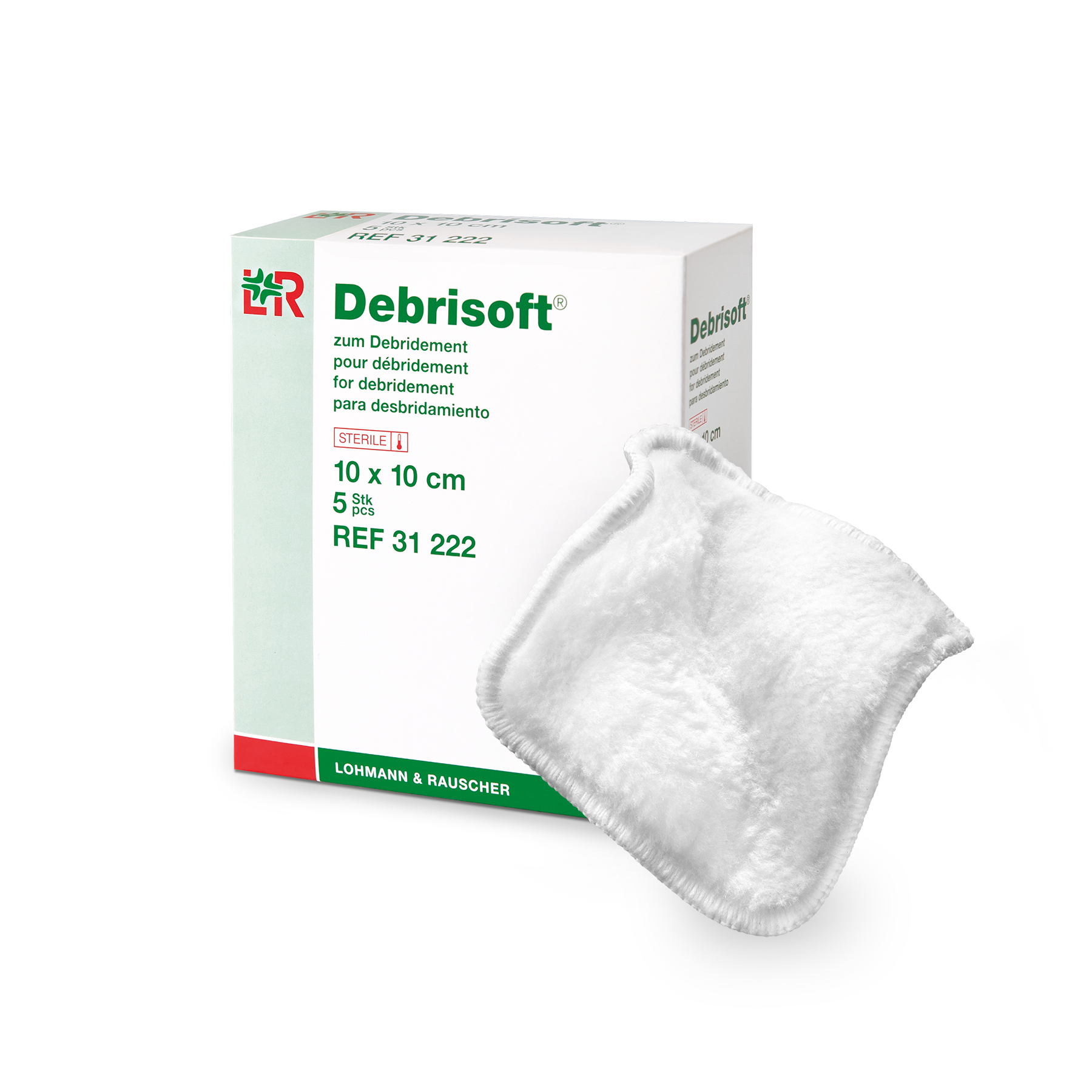
Debrisoft Pad for Wound Debridement
Debrisoft – the fast, simple and virtually painless method of debridement that quickly impresses with visible results. It allows reliable removal of debris and exudate

The root cause is a combination of factors resulting from diabetes, primarily decreased blood flow to the limbs. This can be exacerbated by high blood glucose levels and nerve damage resulting in numbness of the limbs.
Loss of feeling in the limb may cause the patient to overlook an ulcer until it has reached a severe stage, becoming infected and difficult to heal. (source)
Generally, DFU’s will appear as a round, red, open crater surrounded by calloused skin. They can vary in severity, from shallow and manageable to deep and highly exuding. Often, they will actively discharge blood or pus and can be very difficult to heal.
If severe, they may be deep enough to reveal tendons and/or bones in the foot. (source)
If you are suffering from diabetes, it is important to consult with your doctor or other medical professional to keep your blood sugar at an optimal level. Plans to this end may include diet management, exercise, insulin or other medications. This is important not only for preventing ulcers, but for your health generally.
If you have high blood pressure, take measures to reduce it by practicing good nutrition and eating habits, staying physically active, and avoiding tobacco. (source)
Treat a DFU by following these steps:

Debrisoft – the fast, simple and virtually painless method of debridement that quickly impresses with visible results. It allows reliable removal of debris and exudate
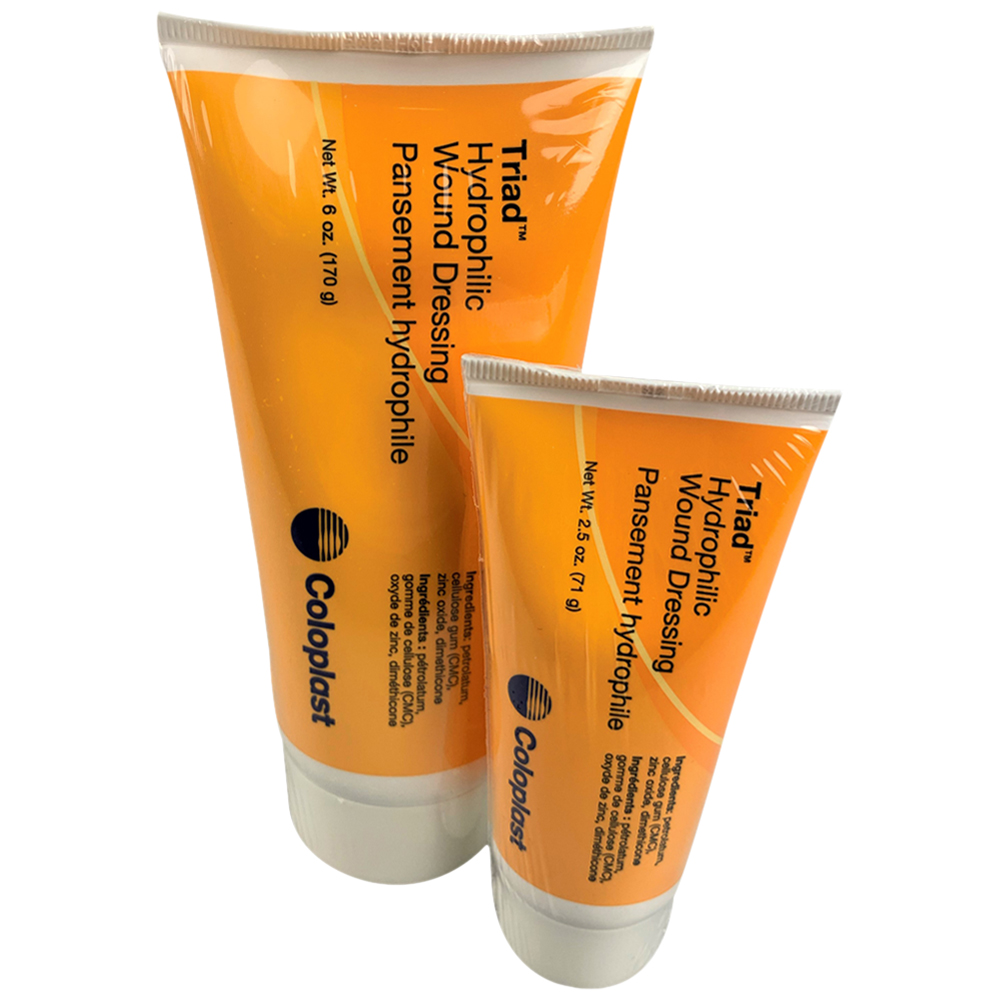
Triad hydrophilic wound dressings use a zinc oxide-based paste to absorb low to moderate amounts of fluid. At the same time, the solution once applied
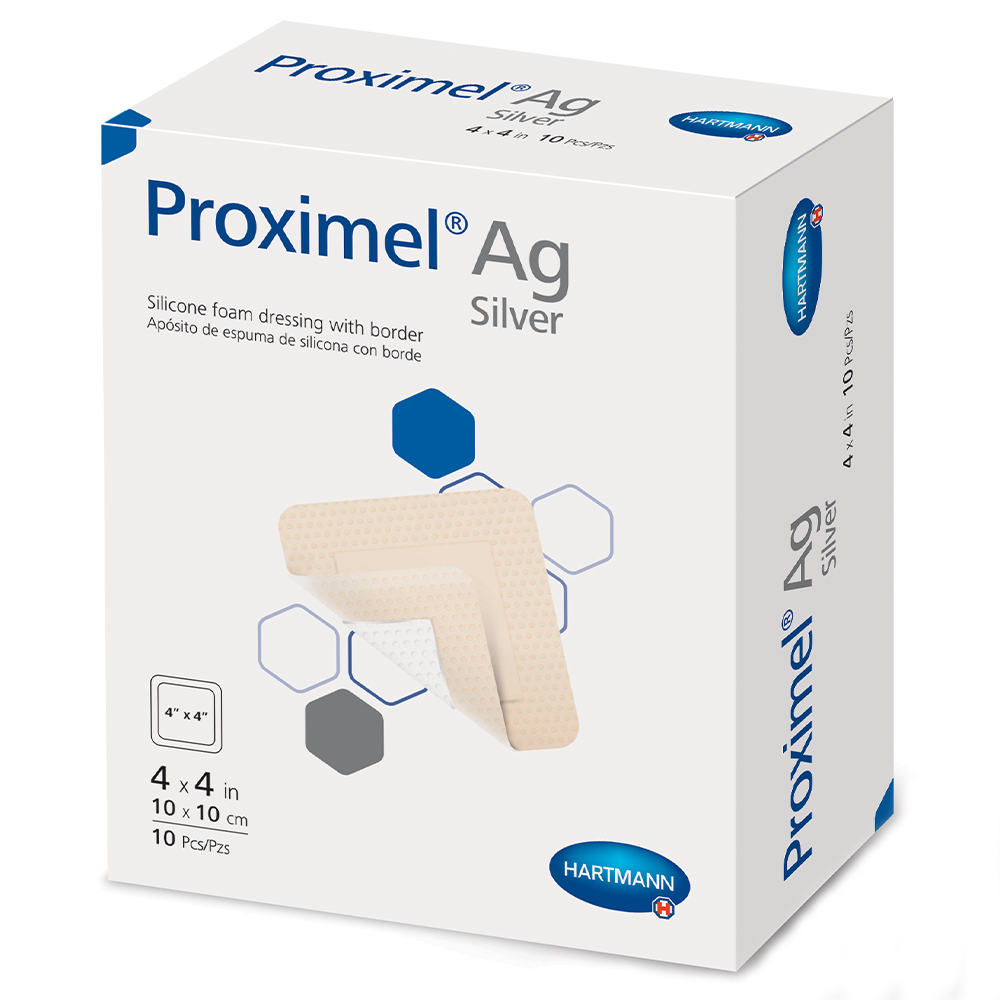
Designed for treating moderately to heavily exuding wounds, Proximel® Ag bordered silicone foam dressings utilize an innovative five-layer design that improves patient comfort, reduces complications
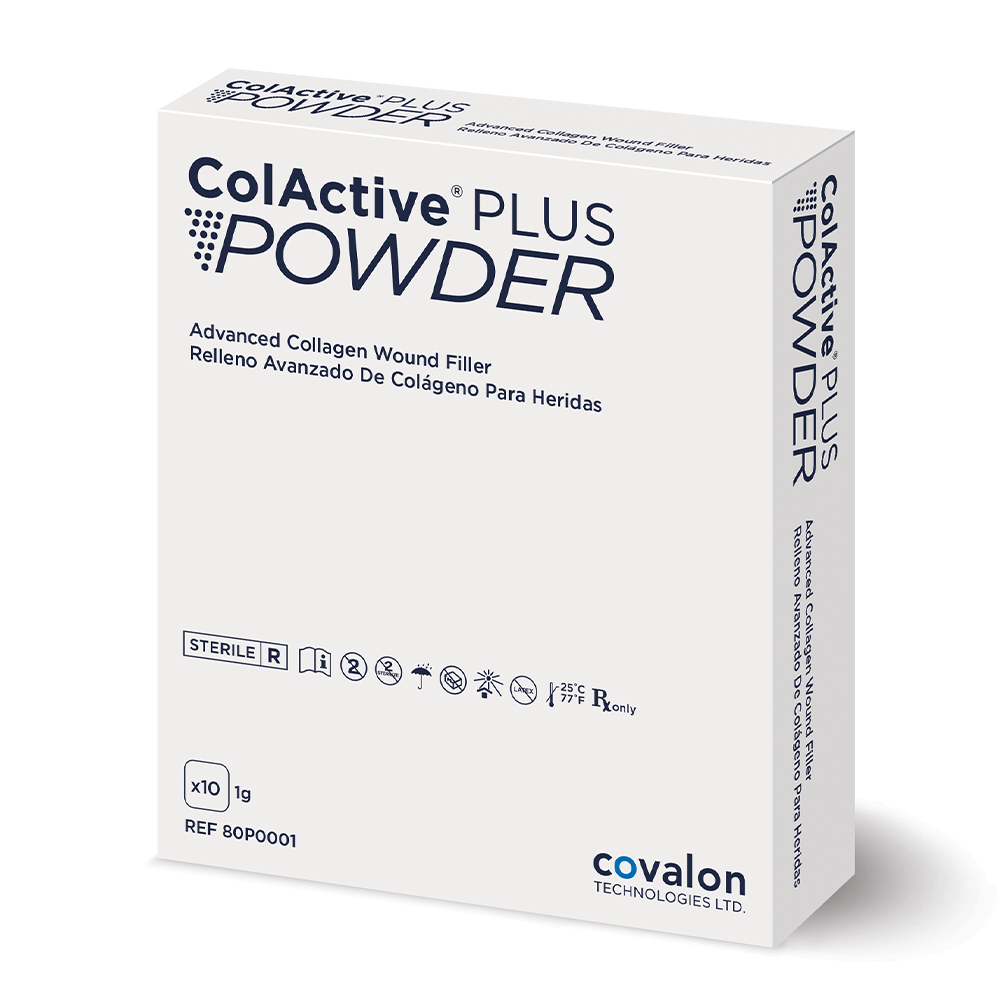
ColActive PLUS collagen dressings are made from a patented blend of Collagen, EDTA (ethylenediaminetetracetic acid), Alginate and CMC (carboxymethylcellulose).
This unique formulation:
• Lowers
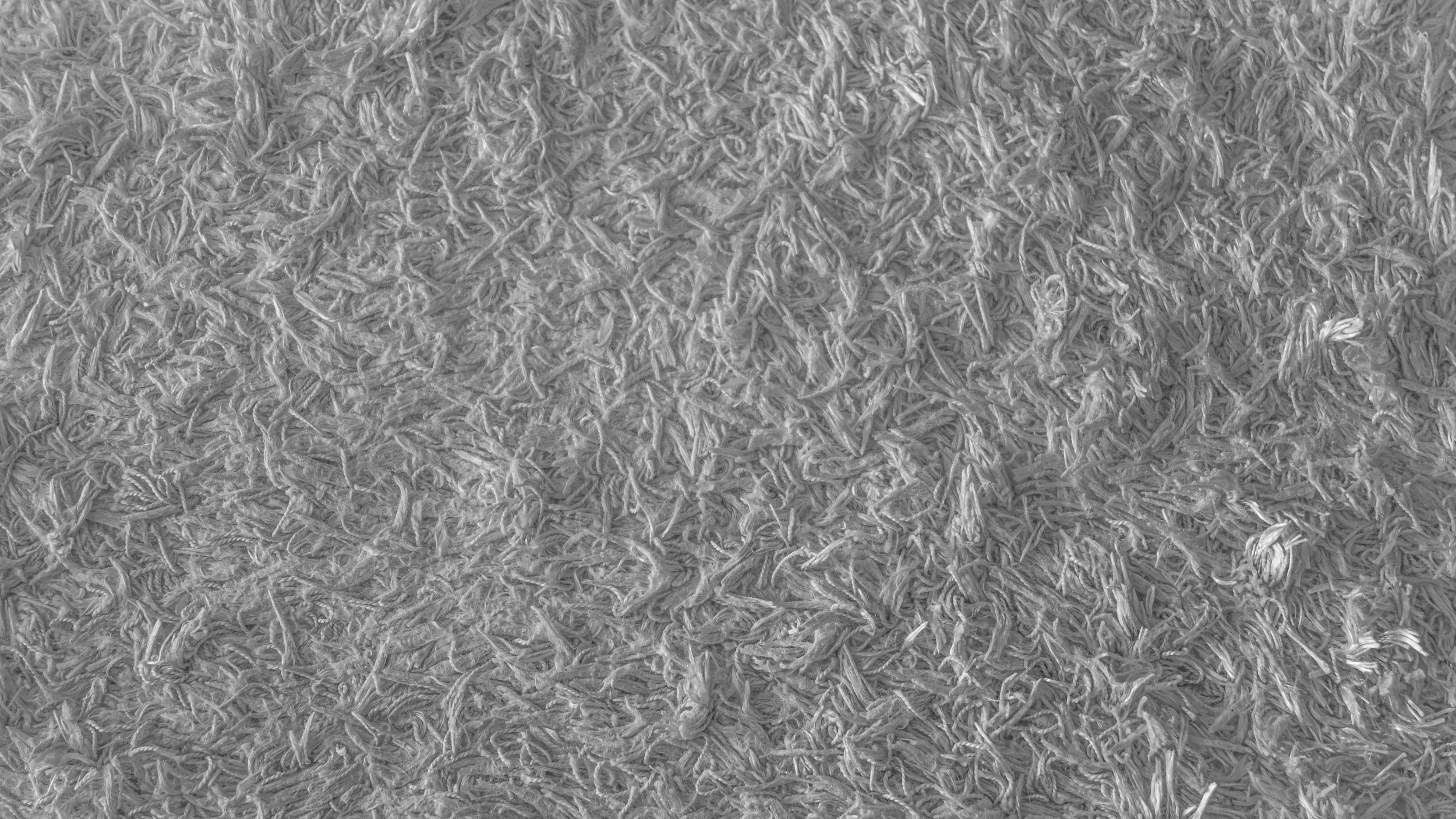
For medium- to heavy-exudate wounds, Hydrofiber® and calcium alginate dressings are two common solutions. These advanced dressings help draw in

You may wonder, “why is my wound not healing?”. Generally, wounds can heal alone, especially if given the proper treatment
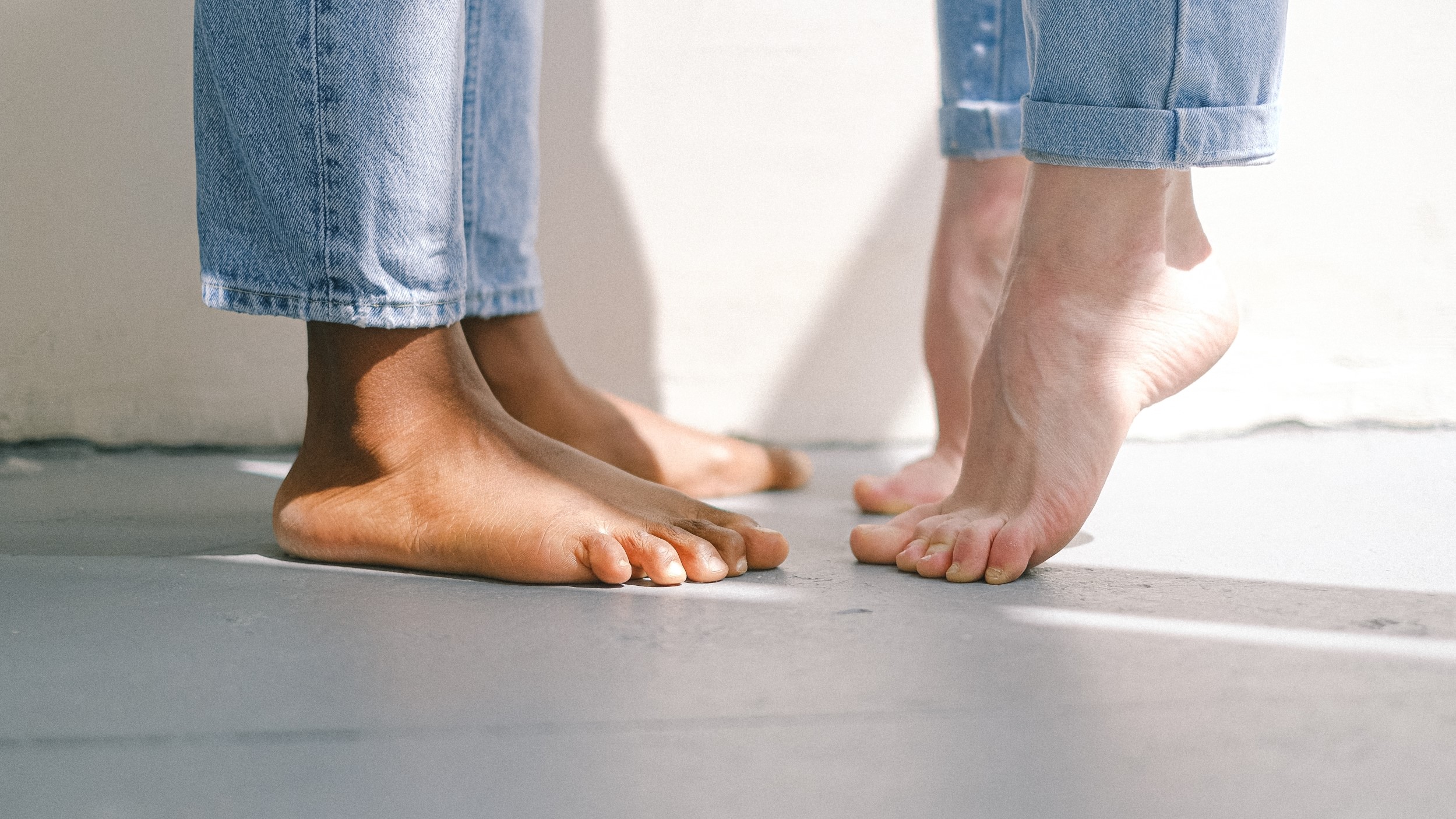
Although treatments for diabetes continue to improve, diabetic foot ulcers remain a frequent occurrence. They often appear due to a
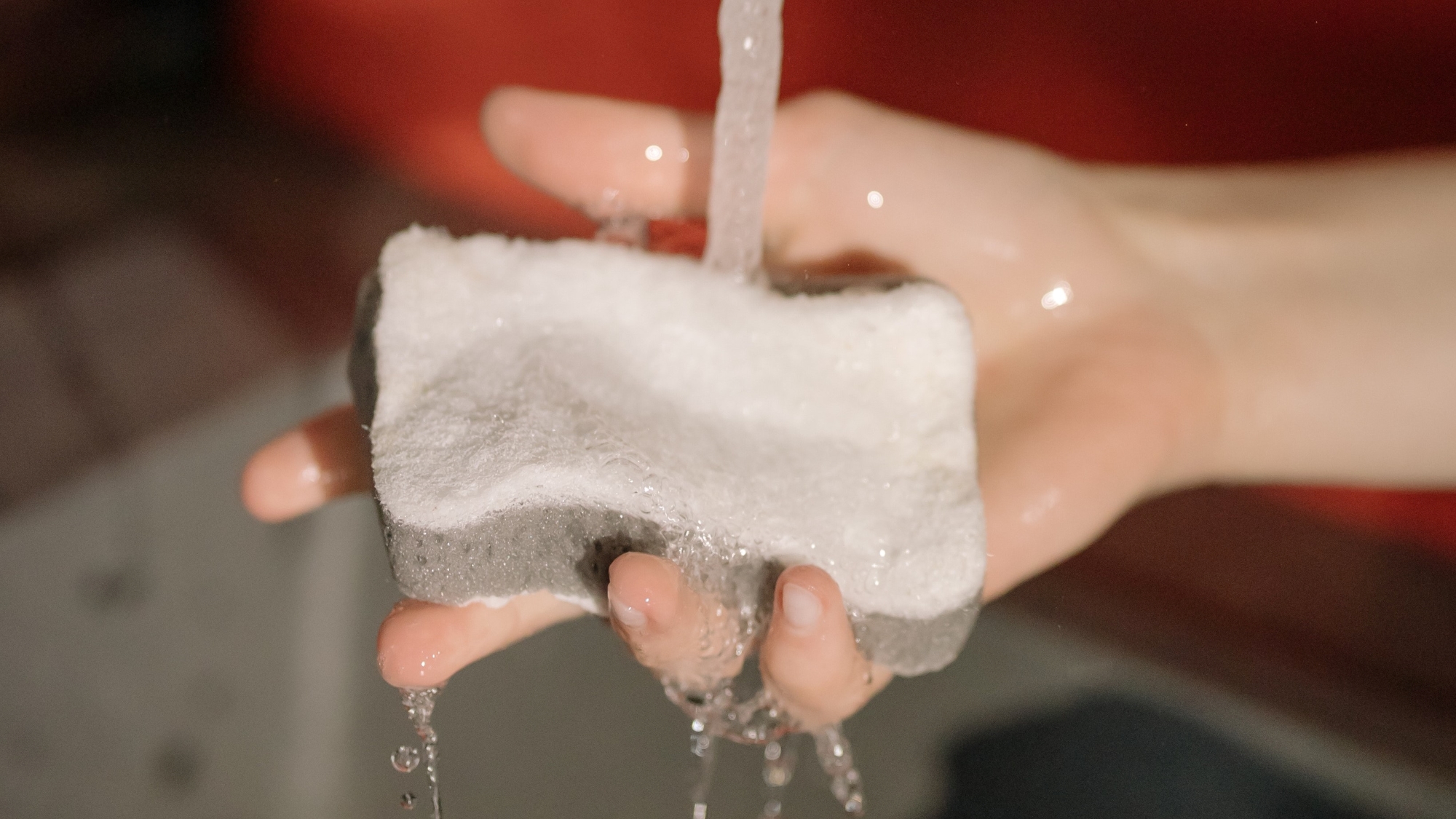
Exudate management is a key factor in treating patients with hard-to-heal wounds. Exudate plays an important role in wound healing.
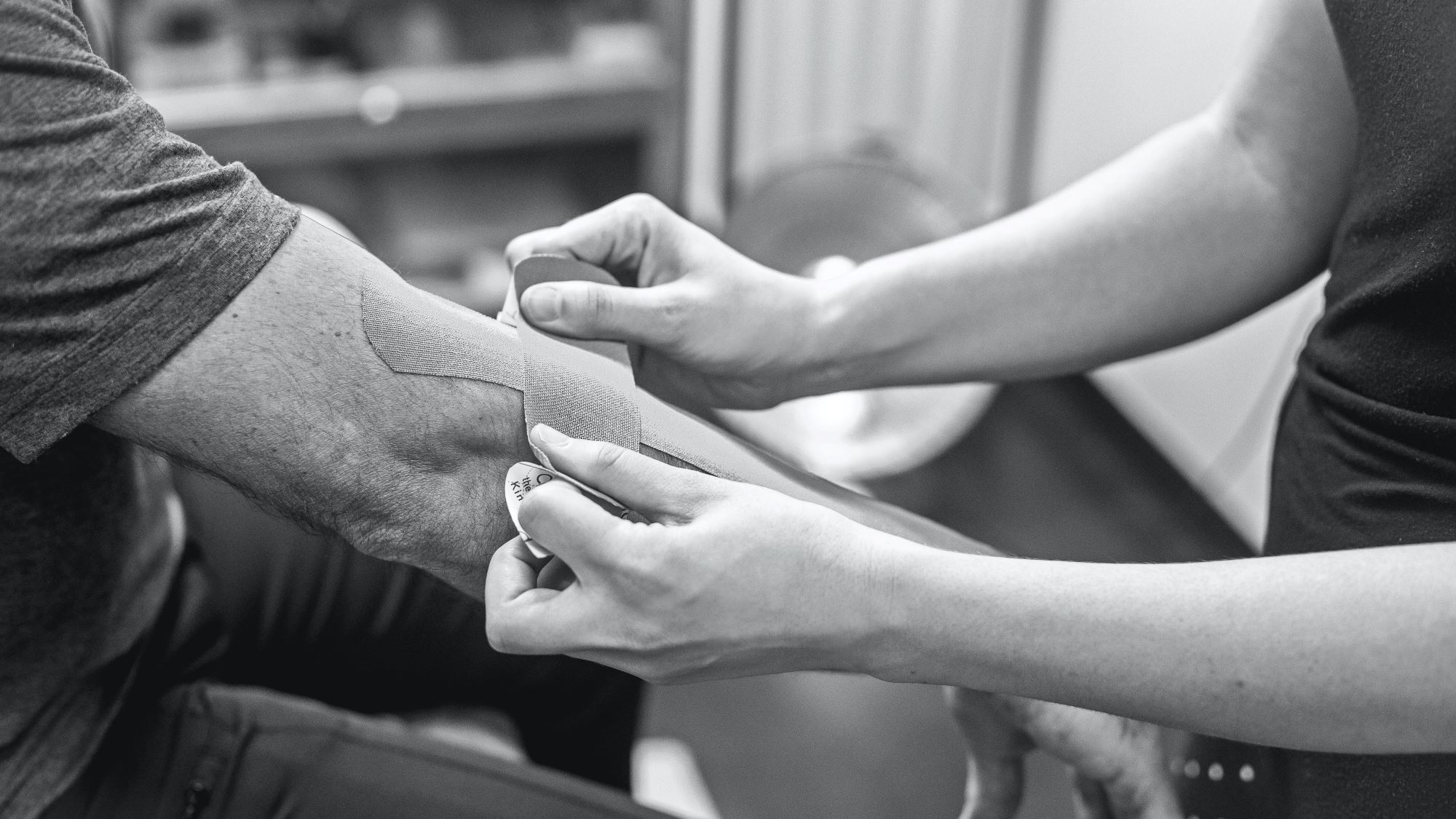
Chronic wounds are, by definition, difficult to heal. An entire area of medical specialty is dedicated to finding better ways
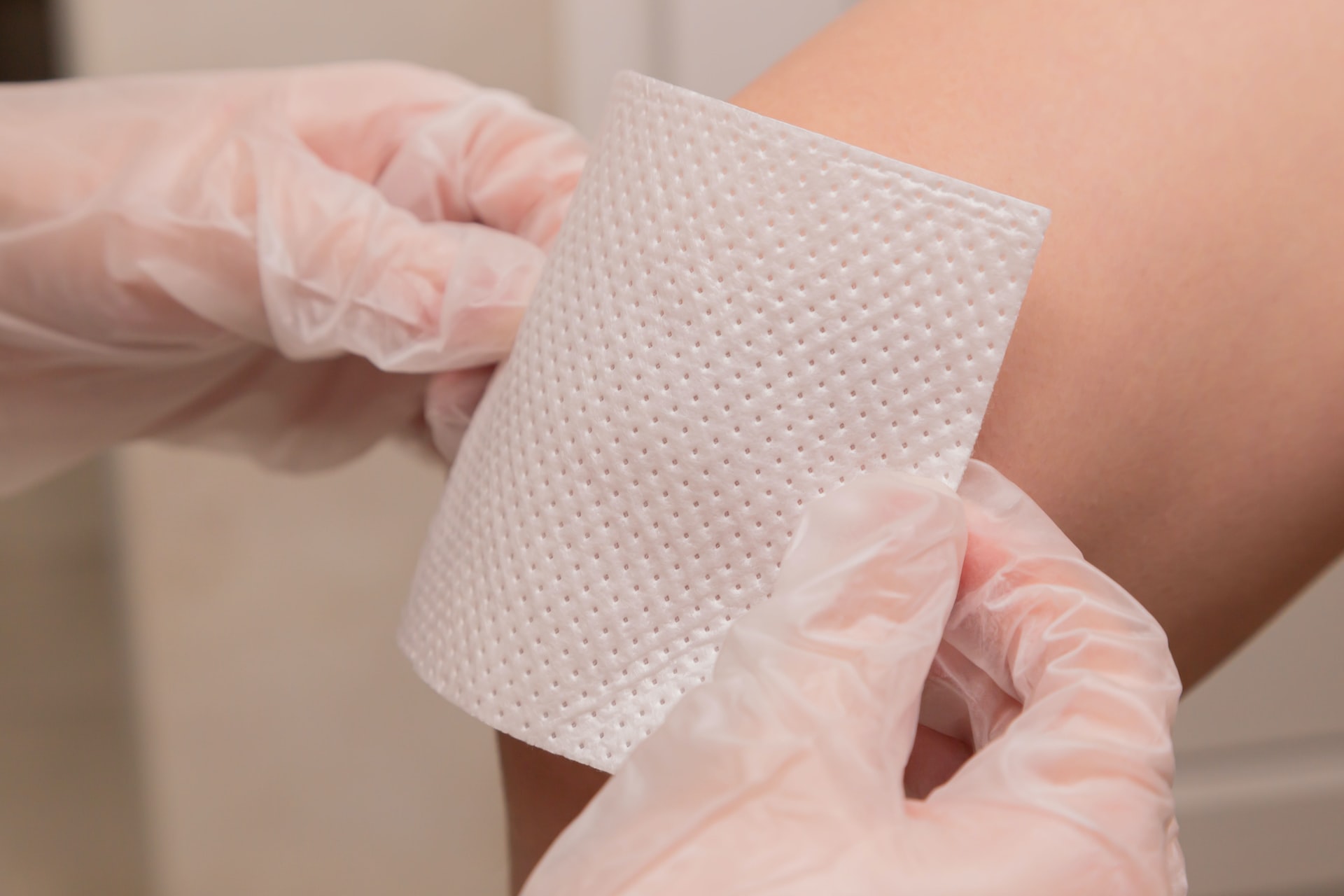
When a wound occurs – be it a cut, abrasion, laceration or burn – it should be cleaned and disinfected
